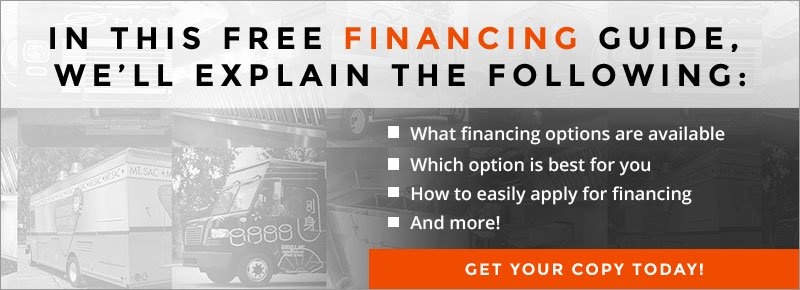For food truck owners, the Federal Unemployment Tax Act (FUTA) is an important consideration when it comes to food truck taxes. FUTA is a federal tax designed to help fund unemployment compensation programs for laid-off employees. It requires employers to pay 6.2% of the first $7,000 in wages paid to each employee during a calendar year.
This can be a significant expense for small business owners and could have an impact on their bottom line if they don’t understand how FUTA works. In this article, we will look at what FUTA is, who needs to pay it, and how it affects food truck owners specifically.
What is FUTA?
FUTA is a federal law that requires employers to pay a tax to the government to fund unemployment compensation programs. These programs provide financial help to employees who were abruptly laid off due to no fault of their own.
The act requires employers to file Form 940, the Employer’s Annual Federal Unemployment Tax Return, to report and pay the FUTA tax. The deadline for submitting Form 940 is usually January 31st of the following year.
Employers can take a credit against the FUTA tax for amounts paid to state unemployment funds. This credit is usually 5.4%, but it can be different for some states. Most employers will have a FUTA tax rate of 0.6% because of this credit, but it is important to check with your state unemployment agency for the exact credit percentage.
In addition, the FUTA tax is only imposed on employers, not employees, and it is not withheld from employees’ wages. Employers are responsible for paying the FUTA tax and reporting it to the government; those who fail to file a return or pay their FUTA taxes when due can be subject to interest and penalties.
How Can FUTA Tax Affect Food Truck Owners?
FUTA tax can affect food truck owners in a number of ways. Here are some of the most common ones:
- Compliance: Food truck owners are responsible for paying the FUTA tax and filing the appropriate forms with the government. Failure to comply with the FUTA regulations can result in penalties and fines.
- Cost: The FUTA tax is an additional cost for food truck owners, as it is a separate tax from state unemployment taxes. Food truck owners need to budget for this expense and factor it into their overall financial planning.
- Employee Classification: Food truck owners must also be careful when classifying their employees to ensure that they are classified correctly for FUTA tax purposes.
- Credit: As mentioned before, employers can take a credit against the FUTA tax for amounts paid to state unemployment funds; this credit can lower the FUTA rate from 6% to 0.6%.
- Record Keeping: It is important to maintain accurate records of wages paid to employees and the FUTA taxes paid, as this information is required when filling out the FUTA tax return.
Preparing Your Food Truck Taxes
Understanding and staying compliant with FUTA regulations is crucial for the success of a food truck business. Non-compliance can lead to penalties and fines, which can be detrimental to the financial stability of the business.
Once you have figured out how to minimize liability and stay in compliance with FUTA regulations, reach out to Legion Food Trucks for your next truck purchase. We are experts in the industry and offer end-to-end services for food truck owners. With us, you can get your dream food truck up and running in no time. Contact us today





